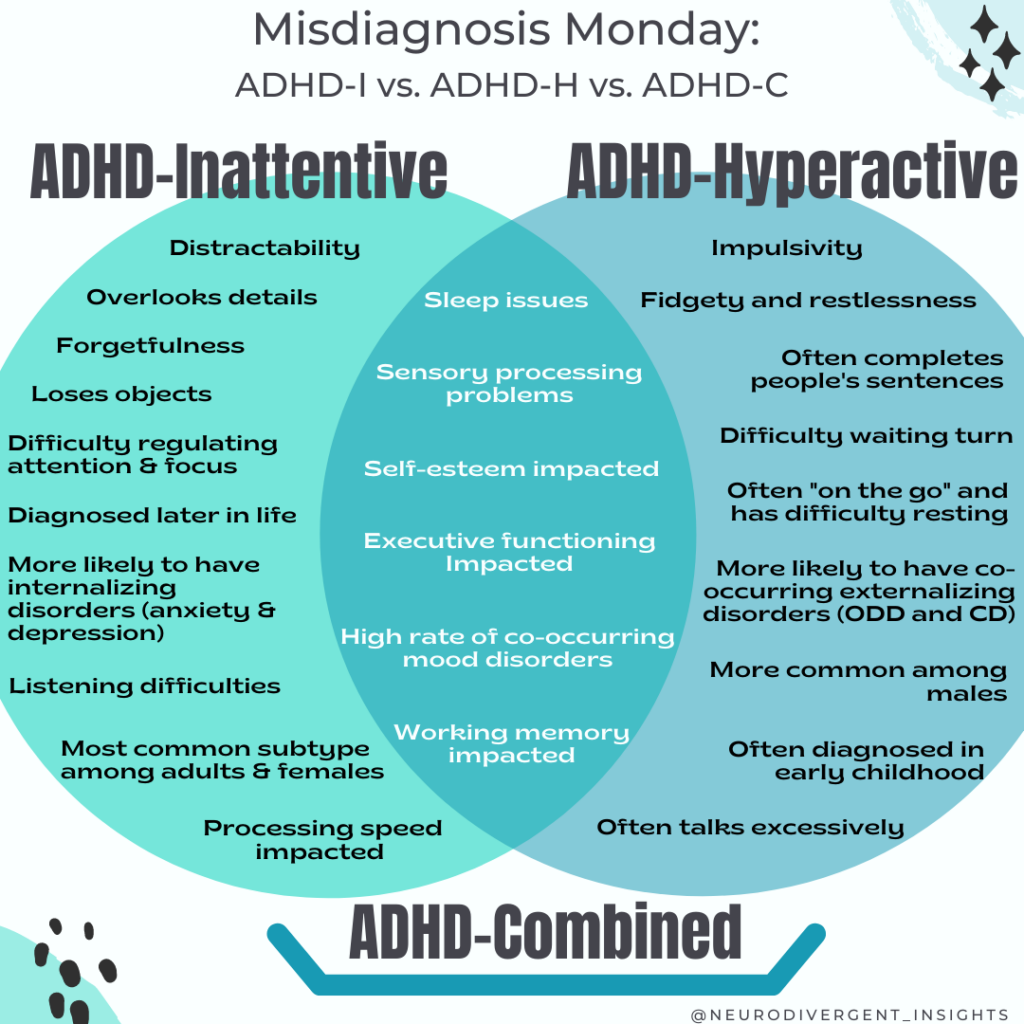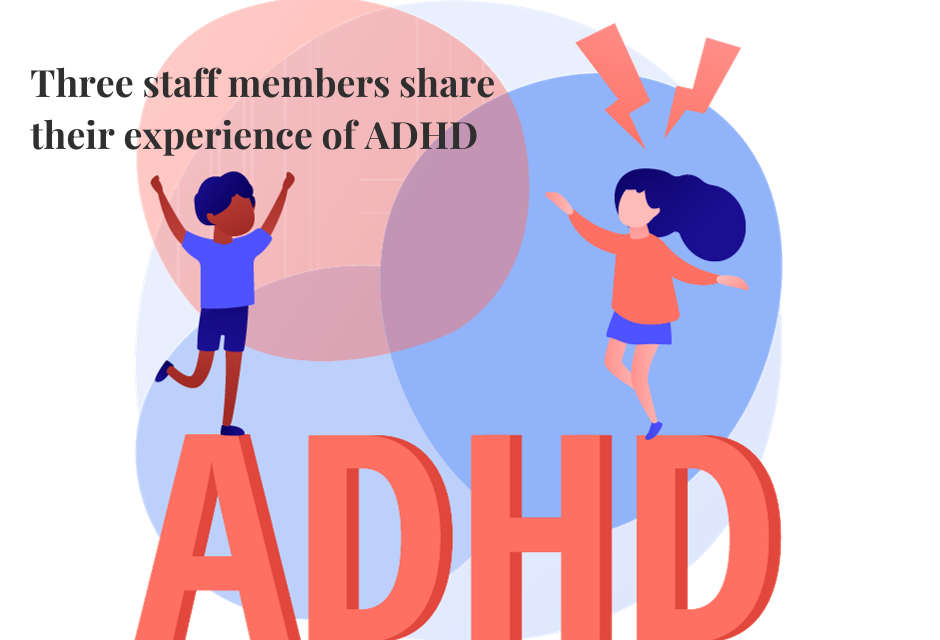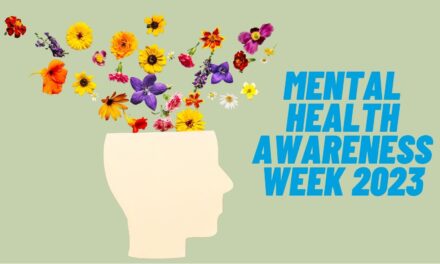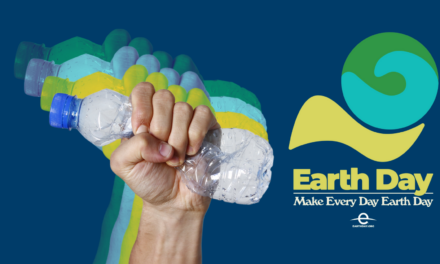
This graphic doesn’t belong to us.
Over the years, the narrative around ADHD ( attention deficit and hyperactivity disorder) has focused on young boys, mostly who were hyperactive. But recently there has been a change that has created a wave of people (many of whom are women) seeking an ADHD diagnosis. A large part of this has come from more awareness of the other types of ADHD. These include hyperactivity/impulsivity, inattentive and distractable and combined (featuring traits from both).
We asked three East Sussex County Council staff members to share their lived experience of ADHD, discussing the impact it has had on their education, their careers, how they work, and life in general…
– Megan
“I was always classed as an overachiever or gifted/talented as a young person. It was when I became an adult and went on to university that things went pear-shaped. Societal rules and expectations had altered, and I was left like a fish out of water. My self-efficacy went down massively.
My ADHD diagnosis
Most females go undiagnosed with ADHD – and Autism Spectrum Disorder (ASD) – as they present so differently from males, especially at a young age. The symptoms tend to be overlooked as they are less obvious. I think how lucky I am now, to have the diagnosis for both, even this late in life, and given medication for ADHD. I wish I had the diagnoses sooner and accomplished more in my university days, instead, I was classified as anxious and depressed (all secondary symptoms of ADHD).
I was diagnosed with ADHD as an adult. I was undergoing an ASD assessment at the time and the assessor said he was going to refer me for an ADHD assessment.
For most of my adult life, I questioned why my peers seemed to be excelling in what I could intellectually understand but seemed to struggle with. I needed lists and a structured plan for everything because of my ASD, however, I couldn’t seem to accomplish things on that list or cope with more than one scheduled activity on a given day. I learned to copy what others were doing as a model for how to act in certain situations rather than risk standing out because of my ADHD.
The pressure of expectations
Social rules, or social life in general has always been complicated. From being classed as a tomboy growing up to people saying I talk more than anyone else they know, or I am good at (insert random thing here) and why am I not doing more with it? There always felt like some expectation hanging over me, but not one that was reachable.
Everyday tasks most people find simple, and in theory I did as well, I would struggle to complete, or even start. Unfocused, stressed, difficulty following through with tasks and time management issues were normal for my everyday life prior to my diagnosis and treatment.
Give me a complex issue or a project that I could find even slightly intriguing, and I could usually find very detailed and intricate solutions. That was if I didn’t get distracted with some sort of side quest stemming from the original issue. Hyperfocus can be a huge blessing, but also a curse.
Working with ADHD
I have struggled endlessly with distractions from my exterior environment, such as noises from a blind caught in the breeze, someone chewing loudly or clicking a pen, and conversations going on around me while I was trying to focus. Some of the sensory issues stem from my ASD, but combined with ADHD, cause endless frustration. Being at the office, even just one day a week, is difficult and my ability to work effectively is impacted negatively because of the noise and people. The worry of looking like a disorganised mess is always present.
Social norms dictate how people behave and when you don’t fit into those norms (not for lack of trying) you adapt. Having to mask all day just to get by is exhausting. You become afraid to fail, afraid to be told you need to “change your behaviour” and feel constantly overwhelmed because keeping daily life under control takes a lot more work than others realise.
How can you help someone with ADHD at work?
Support them and be understanding about what that individual needs to succeed and meet their goals. Some examples for how to help in the work place, that I find useful, are; regular check-ins and feedback, quiet workspace/noise-blocking headphones (my personal favourite as I am easily distracted by small things in my environment), to do list and visual prompts (post-it notes, calendar, checklist for the task) and time windows for start and finishes (excluding meetings) with some breaks for regular movement/stretching (this is usually good for everyone not just us ADHD folk).
There are a lot of different ways ADHD presents itself and that it is not something anyone can just “fix/change” or “do better” at. Medication can be a huge help, but it doesn’t fix the underlying issues completely, and it wears off as the hours tick by.”
– Anonymous
Working with ADHD
“My career with ESCC started in 2005. I was diagnosed with ADHD/Complex post-traumatic stress disorder (CPTSD) in 2019. Thus, there was a long period of time spent working at ESCC without knowing that I had a neurodivergent condition. Since my diagnosis, I have experienced many ‘aha moments’ when reflecting on my working life and many more wistful thoughts of ‘if I only knew then, what I know now’.
My reason for writing this piece is to highlight some of the misconceptions of ADHD, which can lead to stigma, discrimination, and alienation. All of which has a great impact on mental health and wellbeing. I would also like to raise awareness of the less well-known aspects of ADHD. This is my experience and I do not speak for everyone who has diagnosed/undiagnosed ADHD.
The name with the double negatives…
ADHD must be the worst of all the neuro-diverse terms – a double negative of ‘deficit’ and ‘disorder’ and how absolutely erroneous and misleading!
There is not a deficit of attention at all — rather it is the challenge of focusing and regulating our attention to just one thing at a time or to things that we, quite frankly, find boring! Harnessing our attention towards a task/meeting that just does not float our boat is excruciatingly difficult. I am not saying we should be given a ‘free card’ to do all the things at work that we find interesting (although personally I wouldn’t object to this offer) – but support us to make these tasks more attention grabbing and passion producing. Alternatively, identify a member of staff who does find these tasks interesting! Check out ‘job crafting’.
Secondly, the term ‘hyperactivity disorder’. Surely this is contextual. Sitting at a desk typing for hours is difficult for everyone not just people with ‘ADHD’. Humans are not evolved to do this. Our ‘restlessness’ had an evolutionary advantage in the past. According to Hartmann (2019), hunter-gatherers were likely to have had more ADHD traits because they provided a survival advantage. So, before thinking that someone is ‘hyperactive’, consider whether this is a natural human state in the first place!
A better name for ADHD
A more representative name for the condition has been proposed by Hallowell and Ratey (2021) in their book ‘ADHD 2.0’ and, for me, it is far more preferable. VAST, or Variable Attention Stimulus Trait, means our attention is variable depending on the stimulus.
Do I still have your attention? Because once you have ours, we have the ability to ‘hyperfocus’; which refers to an intense fixation on an interest or activity for an extended period of time. We can become so engrossed in something that the world dissolves around us. No sneaking up on us at this point as we are likely to jump out of our skins (yes, we may have sensitive amygdalas too). It’s also excellent for our well-being.
Rejection Sensitivity Dysphoria (RSD)
There is a particular aspect of VAST (now I’ve introduced you to the name I’m sticking with it) which has plagued my life that I would like to make people aware of. This is not confined to people with VAST, but a very high percentage tend to experience it.
It is the experience of severe emotional pain because of a perceived failure or rejection. This condition is linked to VAST as experts suspect the brain can’t regulate rejection-related emotions and behaviours, making them more intense. So we don’t just have challenges with controlling our attention, but with regulating our emotions too. This is also the case for people who have CPTSD, which is also now classed as an acquired neuro-diversity.
How you can support those experiencing RSD
Constructive feedback needs to be managed carefully. Ask us how we would prefer to receive feedback – we will all have our own preferences. It is so embarrassing to admit to experiencing and we will seldom declare it voluntarily – we are ashamed to feel this way. But on the flip side of RSD, there is ‘Recognition Responsive Euphoria’. This is the experience of a meaningful and powerful zing of energy and esteem with every word of encouragement, praise, or approval we receive. The smallest gesture can power euphoria — and great accomplishments — for us!”
– Anonymous
Misdiagnosed for 10 years
“For 10 years I was misdiagnosed with generalised depression & anxiety. I was given different medications and put into therapy, but nothing made a difference. With every new doctor I’d explain I felt constantly overwhelmed and therefore exhausted which made it difficult to keep plodding along. At the start of 2021 I saw a post online from a former co-worker where they shared their lived experience having ADHD and how much of a difference it made to their wellbeing after being treated. So much of what they said resonated with me, so I began my journey looking into ADHD.
Getting diagnosed
I spent two years talking myself out of seeking a diagnosis and treatment. One of the main reasons I kept doubting myself was that I didn’t think someone with ADHD could have the life I’ve had. I have had a job since 16, graduated school early and went to university at 17, have an undergraduate and postgraduate degree with honours, moved countries (twice), and have always been told I’m mature for my age. How can I have ADHD? How was I not diagnosed before? Why were the disabling elements of my ADHD hitting me the hardest in adulthood?
I thought I had simply ignored or suppressed my struggles up until this point and that advancing in my career meant it had gotten harder for me to get by. And that is absolutely part of it. However, once I began to unpack and begin treatment for my ADHD, I realised that ADHD wasn’t the only neurodivergence I have. I am also autistic.
What is AuDHD?
AuDHD is the abbreviation for the comorbid of autism and ADHD. This is a new term, largely due to the fact that someone could not be diagnosed with both until 2013. This means that the research, study, and understanding of AuDHD people has only really begun in the last 10 years. To put it into context, Instagram is older and better understood than AuDHD!
I give a lot of credit to The Neurodivergent Woman podcast for opening my eyes to this, which gave me such a sense of validation and relief about my lived experiences. Prior to this, I had tried to sort parts of myself into either autism or ADHD and came up short on both sides every time. I didn’t know that the combination of the two looks like something entirely different. I highly recommend listening to their ‘What does an Autistic, ADHD’er brain look like?’
Thoughts & Advice
It’s been distressing to see so many hot takes recently about how ADHD and autism diagnoses are just a fad and an excuse. This is especially harmful because so many people who are neurodivergent, also have Rejection Sensitive Dysphoria (RSD), which means we tend to think quite negatively of ourselves and assume others think the same. Hearing others say our negative self-talk out loud (“just an excuse”, “lazy”, “unlikable”, etc.) is really damaging our mental health. Rather than asking why so many people “suddenly” have diagnoses, we should be asking how so many generations of people have been overlooked and left behind, and what we can do to prevent that from happening in the future.
Pursuing a diagnosis for ADHD and/or ASD
If you are considering being assessed for ADHD, or any other neurodivergences, stay strong and keep advocating for yourself. The assessment process, as well as post-diagnosis, isn’t easy and may uncover trauma. It’s important you have a support system in place during your journey.
Find your people
The neurodivergent community has been so integral to the unpacking, healing, and re-learning of myself. There are many online forums and there may even be local support groups, such as the ones offered through Mind.
Find your local Mind today (and if there aren’t any local groups, maybe you can start one)!
Lastly, I’d love to list all the tips, tricks, tools, and resources I use to manage my ADHD but there aren’t any sure-fire solutions and what works for you can vary from day to day – especially if you have AuDHD. Again, I really recommend getting stuck into the neurodivergent community to “find your people” and discover what could help you.”





thanks for sharing your views – very enlightening and useful